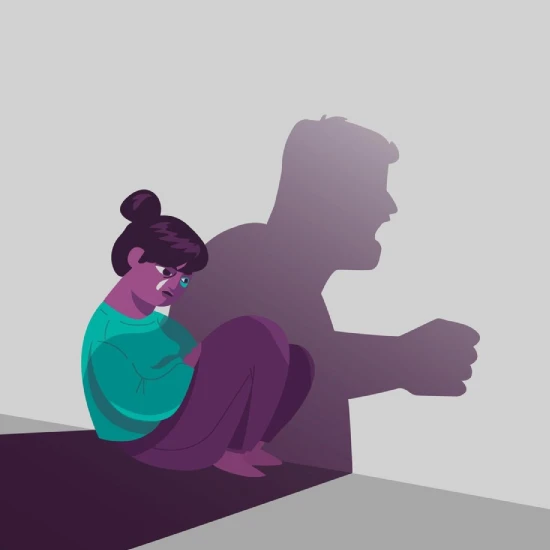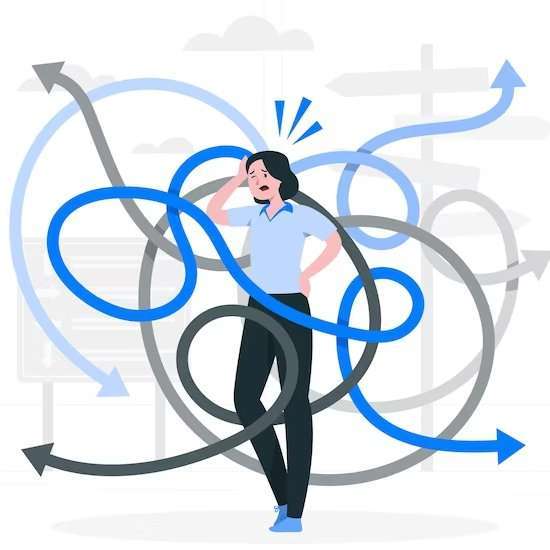Understanding Mental Health Stigma
Defining Stigma:
Unpack the concept of stigma and how it manifests in society. Explore the negative attitudes, stereotypes, and discrimination that surround mental health.
Impact on Individuals:
Delve into the personal impact of mental health stigma, including barriers to seeking help, feelings of shame, and the perpetuation of misconceptions.
The Power of Personal Stories
Sharing Experiences:
Emphasize the transformative power of individuals sharing their mental health journeys. Personal stories break down barriers and offer hope.
Humanizing Mental Health:
Explore how personal narratives humanize mental health struggles, dispelling myths and fostering empathy.
Breaking the Silence
Importance of Open Conversations:
Discuss the significance of open dialogues in breaking the silence surrounding mental health. Highlight the role of conversations in reducing stigma.
Promoting Understanding:
Illustrate how open conversations promote understanding, allowing individuals to learn from each other and challenge preconceived notions.
Community Support
Creating Supportive Spaces:
Advocate for the creation of supportive environments where individuals feel safe to discuss their mental health. From workplaces to social circles, fostering community support is crucial.
Educating Communities:
Explore the role of mental health education in communities. By providing accurate information, communities can become allies in breaking stigma.
Challenging Misconceptions
Addressing Stereotypes:
Address common stereotypes surrounding mental health. Illustrate how challenging these misconceptions contributes to stigma reduction.
Media’s Role:
Examine the influence of media in perpetuating or challenging mental health stereotypes. Advocate for responsible portrayals to promote understanding.
Encouraging Empathy
Putting Yourself in Someone Else’s Shoes:
Highlight the importance of empathy in mental health discussions. Encourage individuals to imagine the experiences of those facing mental health challenges.
Language Matters:
Discuss the impact of language on mental health stigma. Promote the use of respectful and inclusive language that fosters empathy.
Shifting Cultural Perspectives
Cultural Sensitivity:
Recognize the cultural factors influencing mental health stigma. Advocate for culturally sensitive approaches to foster inclusivity.
Global Perspectives:
Explore global perspectives on mental health stigma and the importance of creating a worldwide dialogue to break down barriers.
Mental Health Advocacy
Becoming Advocates:
Empower individuals to become advocates for mental health. Encourage speaking up, supporting others, and actively participating in stigma reduction initiatives.
Policy and Systemic Change:
Discuss the role of advocacy in driving policy changes and systemic shifts that prioritize mental health on a broader scale.
Closing Thoughts
Breaking the stigma surrounding mental health is a collective effort that begins with open conversations. This blog emphasizes the power of dialogue, personal stories, and community support in challenging misconceptions and fostering understanding. As we engage in these conversations, let us collectively work towards creating a world where mental health is met with empathy, support, and a genuine commitment to breaking the stigma.










